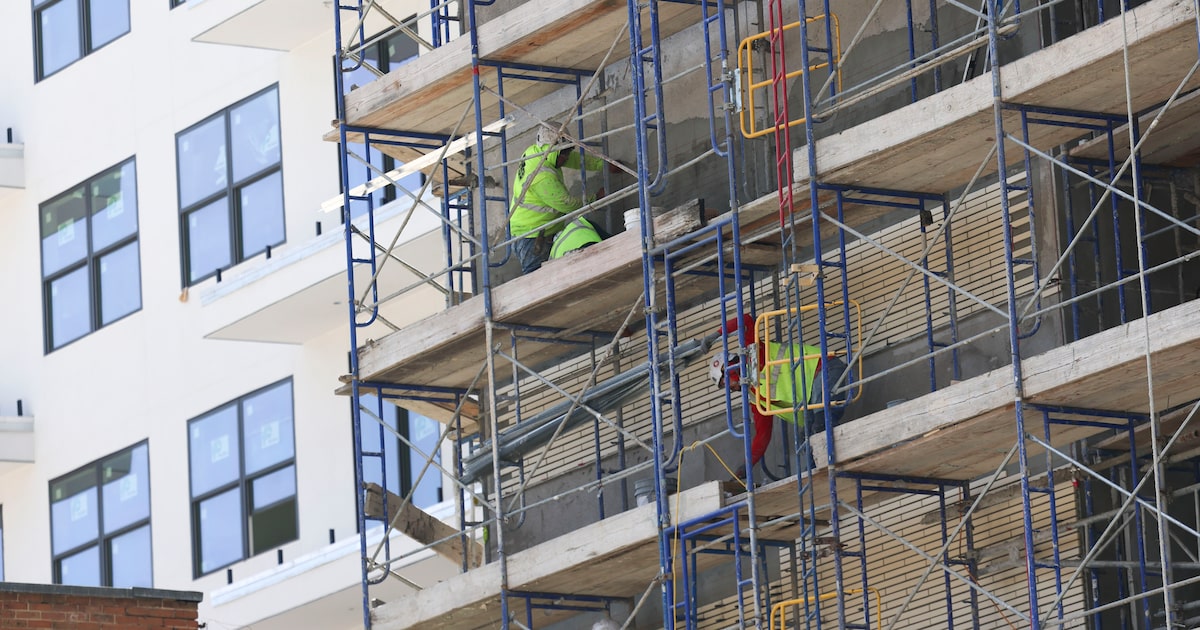Having served several years as a Dallas City Plan Commissioner, I have had a front-row seat to significant debates about what kind of Dallas our residents want. Twice a month in meetings that last all day and many times into the night, our commission, applicants and citizens have important debates about the future of our city. We deal with an extraordinarily broad range of issues including growth, economic prosperity, quality of life, housing, traffic and open space, just to name a few.
Those of us who have lived our entire lives in Dallas are accustomed to hearing about our remarkable growth and pro-business climate. So you might expect that the CPC has lots of businesses coming to us wanting to establish offices, retail businesses, warehouses and plants to create jobs and economic growth. You might assume that we spend our time debating the merits of an abundance of these requests, and if we turn one down there will always be more right behind it.
Unfortunately, this is not what I have seen. Dallas has ceded much of its regional business growth to the suburbs, our competitors.
We need more housing
Opinion
Rather than businesses, jobs and economic prosperity, the issue we spend the most time on and have the most contentious debates about is housing. Housing has become a highly emotional lightning rod here and around the nation.
If the CPC approves a housing project, it’s only after many months, if not years, of delays, vitriolic neighborhood meetings, concessions (which are often arbitrary) and negotiations. No district is immune from this situation. I have seen it in north, south, east and west Dallas. In one recent case, the CPC has been sued by a group of homeowners for approving an application for more housing.
The chorus of opposition against housing can take many forms, but it has some common themes.
Traffic is perhaps the most common objection, yet established traffic engineering research has shown that residential traffic effects are far lower than commercial projects of comparable size.
Another frequent objection has to do with renters. Homeowners often tell us that we have an obligation to protect them from renters, yet they likely have all been renters at some time in their lives. If we are obligated to protect single-family homes from renters, what is an acceptable distance of separation? How much rental housing is too much? I am aware of no objective standard in our zoning ordinance or in best planning practices. Are all renters bad? What about luxury rentals? How do you define luxury and what is the price point?
Other objections to housing include considerations of race and demographics, and even stormwater. At 10 p.m., after a long day of cases, these can feel like impossible choices.
Too often the debate at Plan Commission wrongly assumes a zero-sum game where one group wins and one group loses. In a healthy city, everyone wins — homeowners, renters, businesses and developers. More housing is good for existing homeowners because it grows our tax base which protects those homeowners from rising tax bills. More housing supports new retail shops and restaurants that our citizens frequently ask for. More housing means more workers are available to businesses that come to our city. More housing means that maybe our adult children or aging parents can live closer to us.
We need flexibility in commercial
Of course, housing requests are not the only controversial cases we hear. We are increasingly seeing opposition to demolition and redevelopment of obsolete office buildings and shopping centers.
Office and retail needs have changed dramatically in the last several decades, resulting in vacant or underutilized commercial properties. The new projects we see look different from ’70s and ’80s developments. They are driven by 21st century, mixed-use demand, not single-use, 20th century paradigms. We must allow owners of obsolete office buildings and shopping centers the ability to redevelop their properties in a way that responds to current needs.
Much of the suburban office and retail product in our city will simply never be in demand again, which is an economic issue and a tax base issue.
The opposition to redevelopment in general and housing in particular has caught the attention of the Texas Legislature. The recently passed Senate Bill 840 requires cities the size of Dallas to allow multifamily housing on land currently zoned office, retail or warehouse. The bill goes into effect in September. Hopefully, it will result in vibrant redevelopment of underused real estate on high-traffic corridors.
We need the community to show up
The Dallas City Plan Commission meetings are open to the public for in-person attendance, and they are also available online. We need our citizens to engage in a balanced and equitable discussion of the future of our city. The way we address these questions will determine what Dallas will look like for our children. Will we embrace more residential development to moderate the growing cost of housing so that more people can afford to live here? Will we embrace 21st century commercial and mixed-use development to respond to major changes in retail and office development? Or will we deny these applications to protect 20th century development patterns?
I hope to see you at City Hall.
Tipton Housewright is an architect, principal emeritus at Omniplan, and a Dallas City Plan Commissioner.
